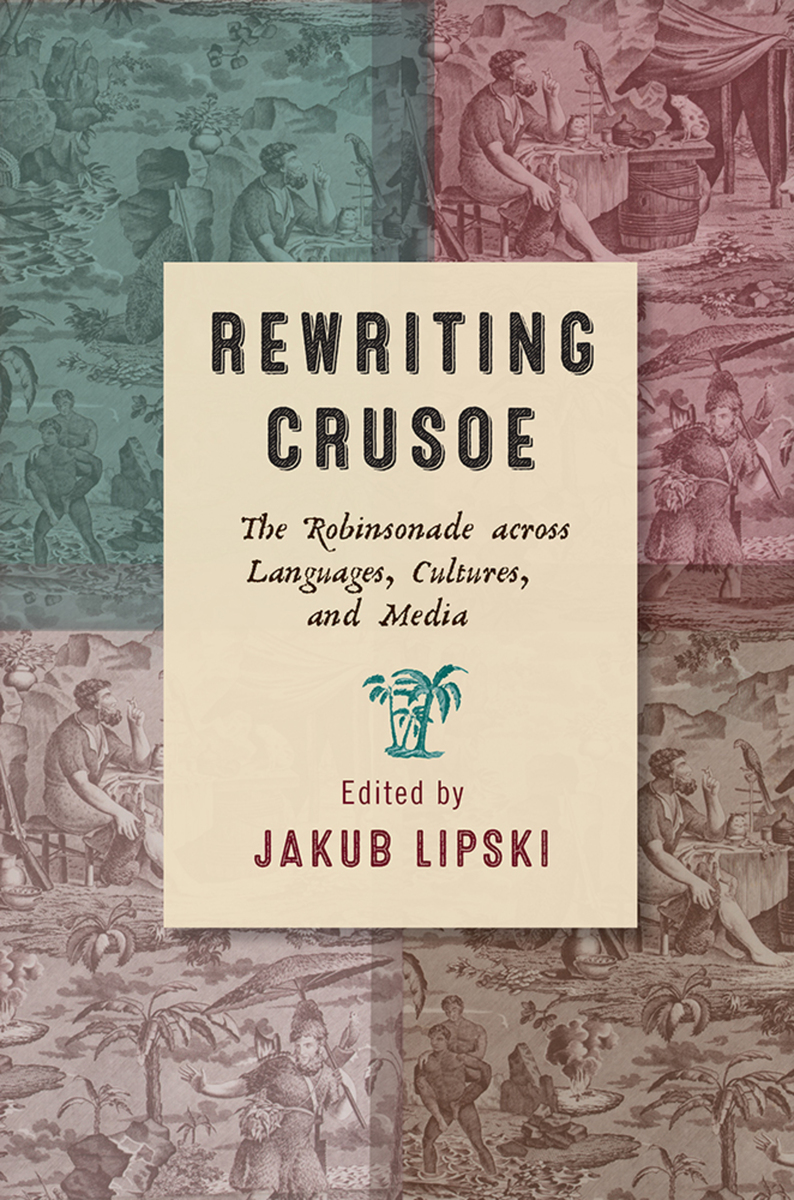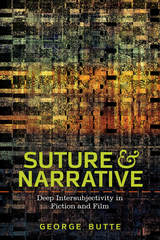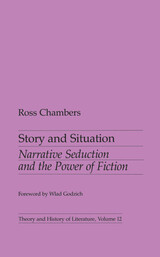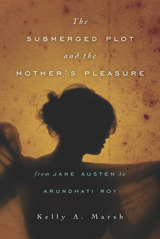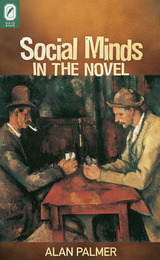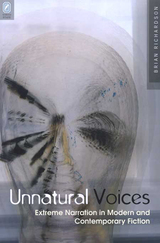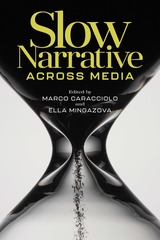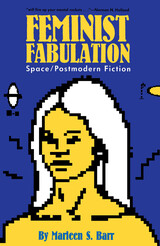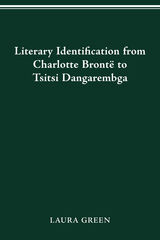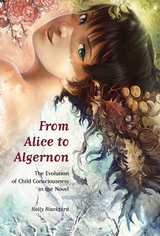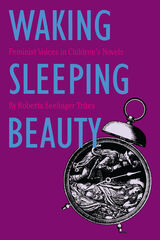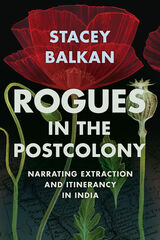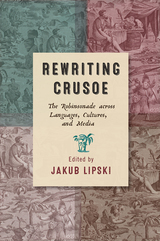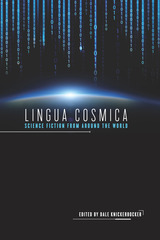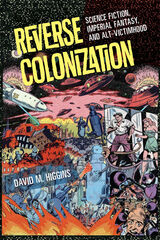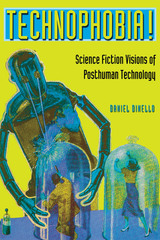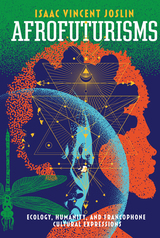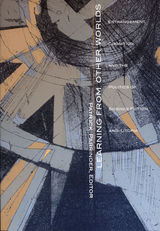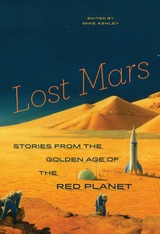Rewriting Crusoe: The Robinsonade across Languages, Cultures, and Media
Bucknell University Press, 2020
Paper: 978-1-68448-231-3 | Cloth: 978-1-68448-232-0 | eISBN: 978-1-68448-233-7
Library of Congress Classification PN3432.R49 2020
Dewey Decimal Classification 823.5
Paper: 978-1-68448-231-3 | Cloth: 978-1-68448-232-0 | eISBN: 978-1-68448-233-7
Library of Congress Classification PN3432.R49 2020
Dewey Decimal Classification 823.5
ABOUT THIS BOOK | AUTHOR BIOGRAPHY | REVIEWS | TOC
ABOUT THIS BOOK
Published in 1719, Defoe’s Robinson Crusoe is one of those extraordinary literary works whose importance lies not only in the text itself but in its persistently lively afterlife. German author Johann Gottfried Schnabel—who in 1731 penned his own island narrative—coined the term “Robinsonade” to characterize the genre bred by this classic, and today hundreds of examples can be identified worldwide. This celebratory collection of tercentenary essays testifies to the Robinsonade’s endurance, analyzing its various literary, aesthetic, philosophical, and cultural implications in historical context. Contributors trace the Robinsonade’s roots from the eighteenth century to generic affinities in later traditions, including juvenile fiction, science fiction, and apocalyptic fiction, and finally to contemporary adaptations in film, television, theater, and popular culture. Taken together, these essays convince us that the genre’s adapt- ability to changing social and cultural circumstances explains its relevance to this day.
Published by Bucknell University Press. Distributed worldwide by Rutgers University Press.
Published by Bucknell University Press. Distributed worldwide by Rutgers University Press.
See other books on: 18th Century | 21st Century | Comparative Literature | Cultures | Media
See other titles from Bucknell University Press
